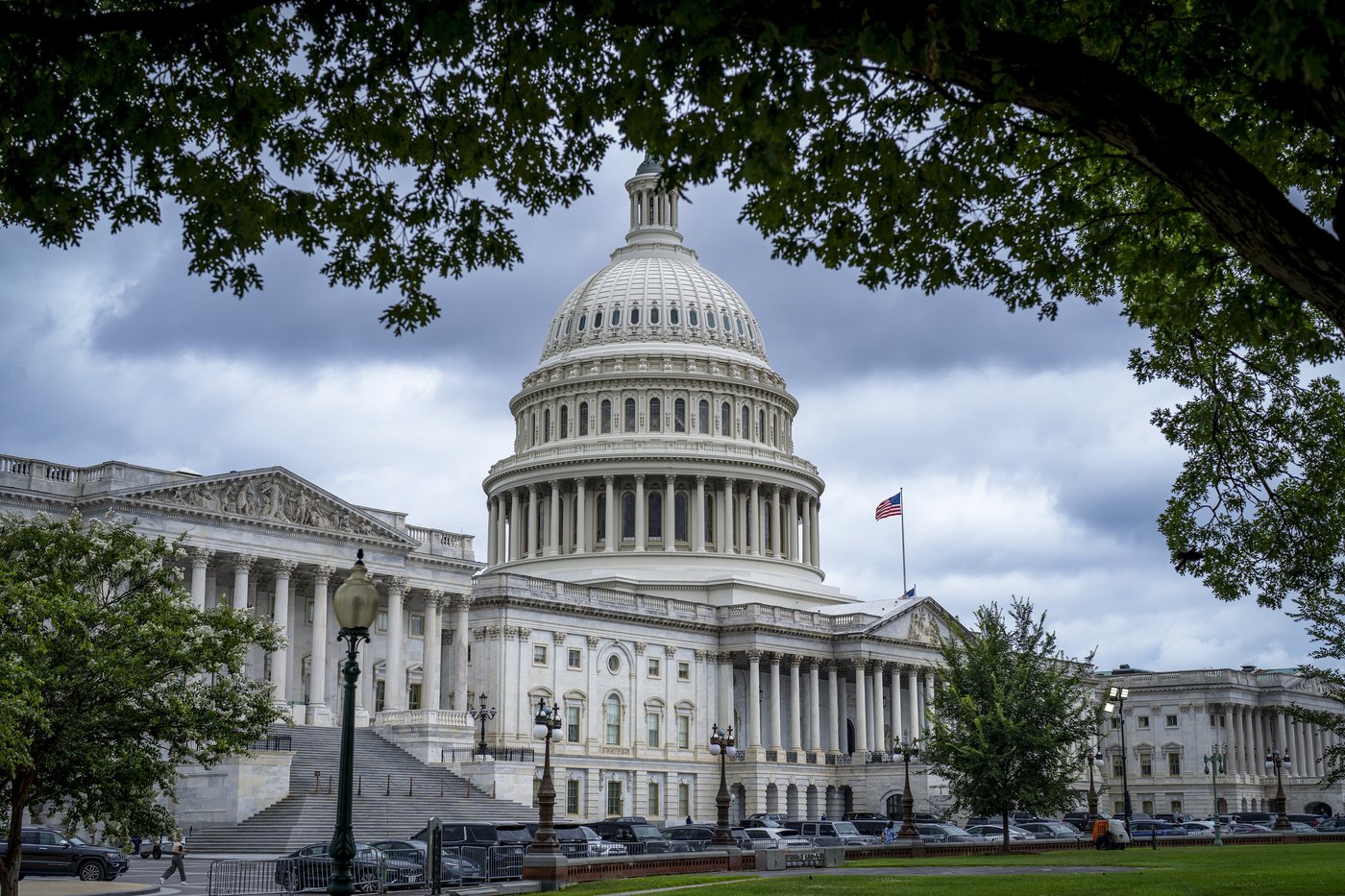Senate Approves Trump's $9B Spending Cut Request

Senate Advances Trump's Request to Cancel $9 Billion in Spending
The U.S. Senate took a significant step toward approving President Donald Trump’s request to cancel $9 billion in previously approved spending, despite concerns from some lawmakers about the potential impact on vulnerable populations and public media outlets. The vote ended in a 50-50 tie, with Vice President JD Vance casting the deciding vote.
This development marks a critical moment in the legislative process, as the bill could be finalized as early as Wednesday. Once passed by the Senate, it will return to the House of Representatives for another vote before being sent to the White House for Trump’s signature by a Friday deadline.
Adjustments to the Original Proposal
Republicans made several adjustments to the original proposal, notably removing the $400 million cut to the PEPFAR program. This change significantly improved the chances of the bill’s passage. PEPFAR, a globally recognized initiative launched under President George W. Bush, has been instrumental in combating HIV/AIDS and has saved millions of lives worldwide.
In addition to PEPFAR, the bill also targets funds for foreign aid programs and the Corporation for Public Broadcasting. These cuts have raised concerns among lawmakers who fear the negative consequences for public radio and television stations across the country.
White House Efforts to Address Concerns
To address these concerns, Republicans met with Russ Vought, the director of the White House Office of Management and Budget, during their weekly conference luncheon. Vought fielded approximately 20 questions from senators, showcasing the administration’s efforts to win over skeptics.
Some senators, like Mike Rounds of South Dakota, indicated they would support the measure after working with the administration to find alternative funding sources for tribal radio stations. However, not all concerns were alleviated, with many lawmakers expressing reservations about the lack of transparency surrounding the rescission package.
Concerns from Key Senators
Maine Senator Susan Collins, chair of the Senate Appropriations Committee, voiced her concerns about the lack of specific details provided by the White House. She emphasized that the absence of clear information makes it difficult for lawmakers to assess the true impact of the proposed cuts.
Alaska Senator Lisa Murkowski expressed frustration over the repeated need for rescissions, stating that the Senate should focus on legislation rather than executing the White House’s agenda. Similarly, Kentucky Senator Mitch McConnell, along with Collins and Murkowski, voted against taking up the measure, citing the lack of sufficient details.
Democratic Opposition and Warnings
Democrats strongly opposed the bill, warning that such actions undermine the appropriations process and threaten essential services. Independent Senator Angus King from Maine criticized the move, calling the process a rubber stamp for the administration’s demands.
New York Senator Chuck Schumer highlighted the importance of local public radio and television stations, which provide critical news, weather alerts, and educational content to millions of Americans. He warned that the cuts could leave many without access to vital information, especially in times of crisis.
Democratic leader Patty Murray mocked the GOP’s stated motivation for the bill, pointing out that the savings are minimal compared to the $3.4 trillion in projected deficits from previous tax and spending cuts. She questioned the sincerity of the Republican stance on fiscal responsibility.
Future Steps in the Senate
With enough Republican support to proceed, the Senate is set for extensive debate and potential amendments. This process, known as a "vote-a-rama," could take up to 10 hours and involve numerous votes on contentious amendments.
The House has already approved the president’s request, but due to Senate amendments, the bill will need to return to the House for another vote. Republicans who oppose the measure risk facing criticism from President Trump, who has publicly urged all Republicans to support the bill and defund the Corporation for Public Broadcasting.
As the legislative process continues, the implications of these spending cuts remain a topic of intense debate, with both sides highlighting the broader impacts on public services and national priorities.
Post a Comment for "Senate Approves Trump's $9B Spending Cut Request"
Post a Comment